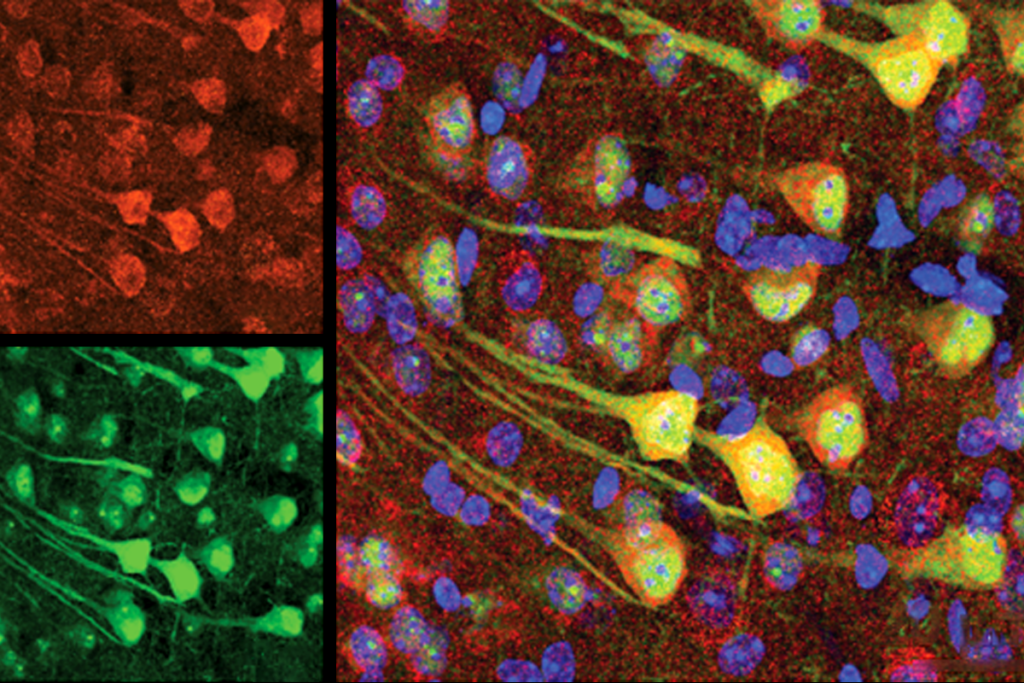Francesca Happé’s research in cognitive neuroscience focuses specifically on autism and investigation of related typical and atypical developmental processes, particularly as they relate to social cognition.
Francesca Happé
Professor, King's College London
From this contributor
How autistic people use compensatory strategies to cope with daily life
In a large survey, autistic adults from around the world described their experiences of using psychological strategies to fit in.

How autistic people use compensatory strategies to cope with daily life
Male slant to research may skew autism’s reported sex ratio
Clinicians may need to go beyond the 'masks' to find autism in women.

Male slant to research may skew autism’s reported sex ratio
Remembering Lorna Wing (1928-2014)
Lorna Wing, who died in June, was the modest, kind and thoughtful mother of a daughter with severe autism. She was also a towering figure in the history of autism research, and her contributions to our understanding of autism cannot be overestimated.

Remembering Lorna Wing (1928-2014)
Why fold Asperger syndrome into autism spectrum disorder in the DSM-5?
In the new diagnostic manual for psychiatric disorders, Asperger syndrome will be folded into autism spectrum disorder. Francesca Happé, a member of the committee that made the recommendation, explains the rationale behind the decision.

Why fold Asperger syndrome into autism spectrum disorder in the DSM-5?
Explore more from The Transmitter
Interneurons’ role in epilepsy, and more
Here is a roundup of autism-related news and research spotted around the web for the week of 9 February.

Interneurons’ role in epilepsy, and more
Here is a roundup of autism-related news and research spotted around the web for the week of 9 February.
Aging neurons outsource garbage disposal, clog microglia
Degradation-resistant proteins pass from neurons to glial cells in a process that may spread protein clumps around the brain, according to a study in mice.

Aging neurons outsource garbage disposal, clog microglia
Degradation-resistant proteins pass from neurons to glial cells in a process that may spread protein clumps around the brain, according to a study in mice.
Oregon primate research center to negotiate with NIH on possible transition to sanctuary
The board of directors at Oregon Health & Science University, which runs the primate center, voted unanimously in favor of the move.

Oregon primate research center to negotiate with NIH on possible transition to sanctuary
The board of directors at Oregon Health & Science University, which runs the primate center, voted unanimously in favor of the move.